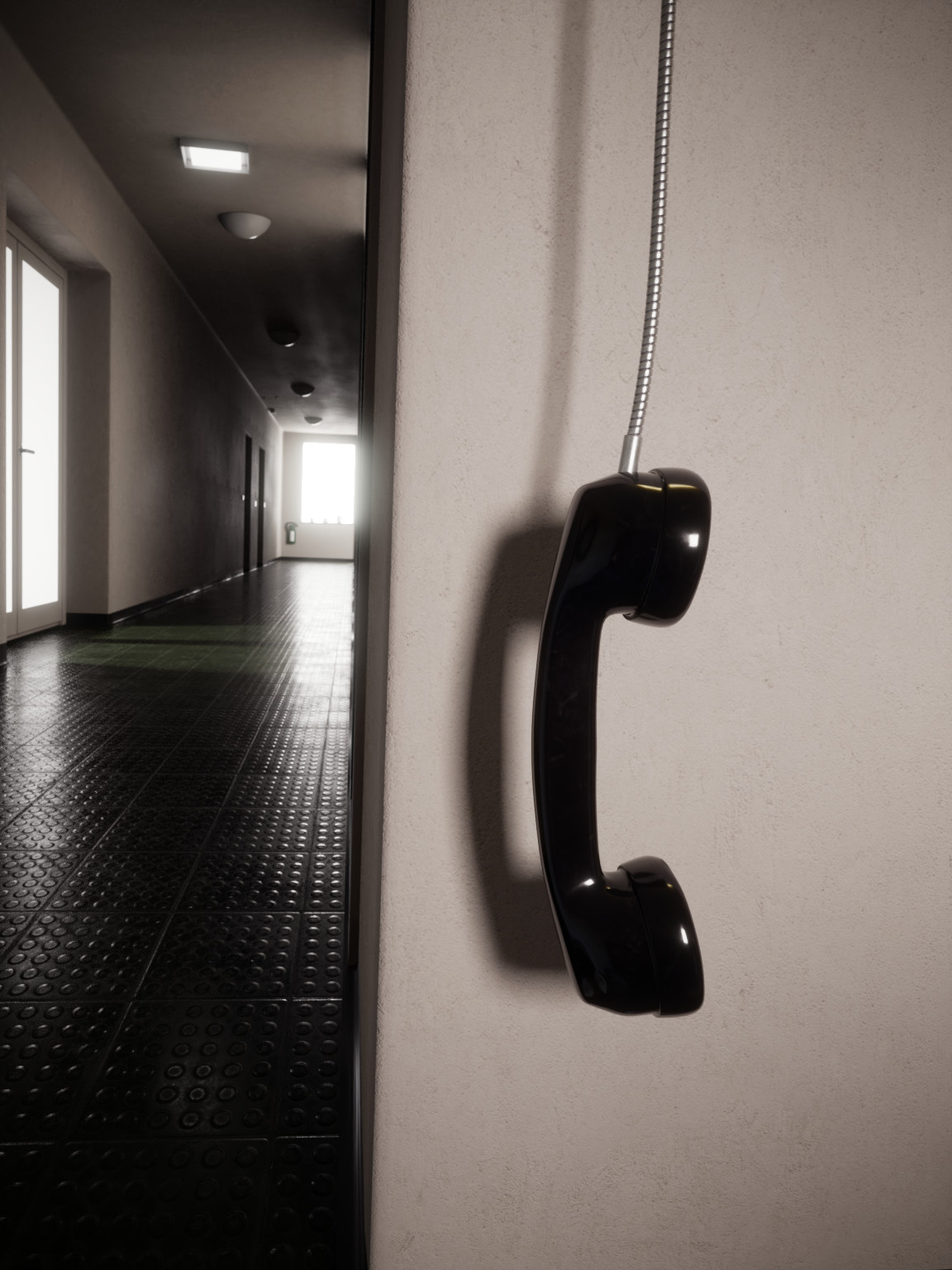
The Case of the Missing Bed Sheets
This post is part of a series about how dreams can support caregivers dealing with Alzheimer’s Disease and other forms of dementia. Start here to read more.
A dream journey through Alzheimer’s began with a tough message
It started with the bed sheets.
Which is appropriate, because I’m about to tell you how dreams gave me guidance, comfort, and even joy, as I helped care for my mother during the years she lived with—and died from—Alzheimer’s disease.
Bed sheets offer the perfect symbol for a dreamer, of course. But back then, the situation was no mere metaphor. My suffering was concrete in every sense of the word—hard, cold, and impenetrable—not symbolic at all.
On this day, I’d arrived at my mother’s apartment for the weekend, as I often had, not out of obligation, but because she and I enjoyed spending time together. But now I had another agenda. I had travelled from my home in Massachusetts to hers in Manhattan, because starting around the time of her 70th birthday, I had begun to notice an eerie emptiness behind her green eyes, and I knew she needed more support.
Normally when I arrived, she’d have already made up the sofa bed in the guest room. More recently, she’d wait until I got there so we could make the bed together. But on this visit, the bed was still folded into the couch, and when I went to make it up I couldn’t find the sheets or pillowcases anywhere.
I asked my mother what had happened to them, but she said she didn’t know. I searched the shelves and hamper. No sheets. I figured she must have taken them to the laundry down the street and forgotten them there, as these days she was forgetting appointments, what she’d gone to the corner deli for, and even the word for thumb. It was late, I was tired, and there was no choice but to sleep on the bare mattress.
I wanted to ball my hands into fists, sink to the carpet, and wail, as I would have done decades ago, as a toddler, in this same woman’s presence. Instead, I looked at my mother’s helpless expression, assured her it was fine, and tried to sleep. But I knew that with the disappearance of the sheets, any possibility that my beautiful, intelligent, cultured mother might ever take care of me again, was gone, too.
Even worse than having to go to sleep on a bare mattress, of course, was waking to the fact that my mother was losing her mind to dementia, and though I had yet to articulate this fact: that she would die from Alzheimer’s disease. But I couldn’t acknowledge any of that yet, so I cried into the naked pillow because of the missing sheets.
And that night in my dream, a voice came to me.
Nothing matters
Nothing Matters, it said.
The fact of no clean sheets doesn’t matter.
The fact of a mother’s brain dying, meaning that she was dying. Doesn’t matter.
The fact that I had not yet finished being cared for by her, and now I had to be the caregiver. None of it mattered.
Far from sounding cruel or nihilistic to me though, the message was delivered in a wise and caring voice, and I heard it as a loving statement of fact: Nothing matters.
I learned from that dream, that while everything is precious and meaningful, there is also a perspective from which day to day details, and even the gut-wrenching losses, were but pebbles on a road that is much wider, and that would lead to something much greater.
For the ten years of my mother’s illness and decline, this dream message continued to reveal its truth to me, bit by bit, as I was able to take it in.
The things I thought were important: whether she remembered my birthday or my name, the names of things in general, the layers of identity that slipped one-by-one away (educator, educated, feminist, mother) … they mattered terribly—and they didn’t matter at all.
What’s eternal (beyond matter), qualities like love, empathy, healing, and joy, are what really matters. It was never about the sheets or having a mother who made the bed for me … it was something else that truly mattered.
FOR MORE ON THIS DREAM, view this post.
Today’s post is part of a series on Dreams and Alzheimers. To read the series from the beginning, START HERE.
Tips for caregivers:
click here.
Let’s Stop Alzheimer’s

My brother James, who was fiercely devoted to my mother throughout the 10 years she coped with dementia and Alzheimer’s, walks each year to help stop Alzheimer’s Disease. Donate in honor of our mother, and for all of the people you know and love who have been affected by this disease.
◆◆◆
Get the ebook
Forgotten Dreams
Tapping into the Power of Sleep and Dreams for Caregivers of People with Dementia and Alzheimer’s
44 pages; Only $2.99
ORDER NOW: Available beginning March 16, 2019
About Forgotten Dreams
Although it’s her job as a self-help author to help people take good care of themselves, when her own mother began to slip into dementia Tzivia Gover had difficulty following her own advice. After all, the taxing nature of being a caregiver takes its toll on physical health and mental well-being. And, as Tzivia found, even the simplest self-care fixes like getting a massage, taking long baths, or taking some extra “me” time can feel out of reach for caregivers—either because of cost, time, or both.
But Tzivia has identified a surprising source of generous, wise guidance that’s close at hand, free of charge and requires no extra time or travel. Dreams can coach and comfort caregivers, and offer new perspectives, creative solutions, and spiritual strength and meaning through what might otherwise feel like a devastating ordeal.
In Forgotten Dreams Tzivia shares her story along with easy to follow tips and techniques that will help caregivers:
- Sleep better and find moments of rest in stressful times
- Learn to recall and record dreams
- Discover how all dreams, even nightmares, can be tapped for help, health, and spiritual and emotional healing
Tzivia is passionate about using her research on sleep, dreams and mindfulness to help others reap the benefits she has experienced from living in harmony with her dreams. In her private practice as a Certified Dreamwork Professional, and as the Director of the Institute for Dream Studies, she has worked with hundreds of clients, many of whom have been caregivers themselves. The gifts she offers in Forgotten Dreams will help families and loved ones of those with Alzheimer’s Disease and dementia to sleep more soundly and use their nighttime dreams for support and guidance–so they can find meaning and even joy, even in deeply challenging times.
Available beginning March 16, 2019
ORDER NOW
◆◆◆
The Perfect Companion
 The Mindful Way to a Good Night’s Sleep is an ideal companion volume to Forgotten Dreams
The Mindful Way to a Good Night’s Sleep is an ideal companion volume to Forgotten Dreams
Learn more about how to sleep and dream mindfully, and wake up well. OrderThe Mindful Way to a Good Night’s Sleep when you pre-order Forgotten Dreams.
If you or someone you love wants to talk about your dreams, you can book an appointment with Tzivia for a dreamwork session. Mention that you are a caregiver and receive 20% off.


Beautiful Tzivia and so much truth. thank you for sharing your experience in such a honest clear way… Stories of others’ can bring comfort and perspective, helping us to continue on the journey, not feeling so alone.